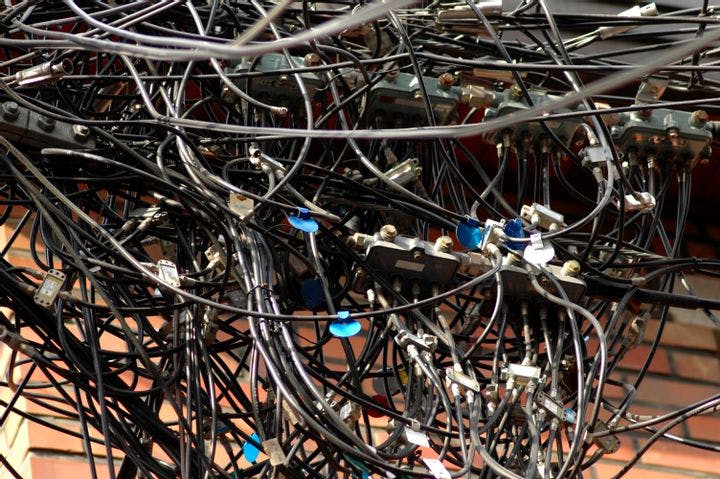Summer 2009
Broadband Hype?
– The Wilson Quarterly
Bringing high-speed Internet access to the hinterlands has not—so far—paid off huge dividends.
It seemed intuitively obvious: If you made high-speed access to the Internet available in sparsely populated areas, rural America would enjoy the same sort of economic boost that urban America did when broadband largely replaced slower dial-up Internet access during the last 10 years. Notably, it seemed obvious to President Barack Obama, whose $789 billion economic stimulus bill enacted by Congress in February included up to $7.2 billion in grants and loans to expand high-speed access in remote corners of the country. A strong economy, Obama said, “means expanding broadband lines across America, so that a small business in a rural town can connect and compete with their counterparts anywhere in the world.”
But as is sometimes the case, what seems obvious may in fact be wrong. Chris Forman, Avi Goldfarb, and Shane Greenstein, of the Georgia Institute of Technology, the University of Toronto, and Northwestern University, respectively, found in a survey comparing economic performance in 1995 and 2000 in 2,743 counties that the introduction of advanced Internet services spelled wage gains mainly in areas that already enjoyed high wages.
Despite the theory that broadband would reduce the natural advantages of cities, Forman and colleagues find “little evidence that the Internet had much impact in rural areas,” and conclude that their results “do not support the use of subsidies to build infrastructure to lower that gap.” Many rural areas lack the highly skilled workforces necessary to capitalize on broadband.
In a separate paper, Greenstein and Ryan McDevitt, also of Northwestern, explore the economic growth generated by the switch to broadband. In September 2001, only 10 million American households had broadband Internet access, compared with 45 million that relied on slower dial-up. By March 2006, broadband had overtaken dial-up—47 million households to 34 million.
Certainly, surfing the Internet is more enjoyable when it’s fast, but did the economy benefit from the switch to broadband? Greenstein and McDevitt say that payments for Internet access generated $39 billion in 2006 with $28 billion of the total coming from broadband.
The figures aren’t pocket change, Greenstein and McDevitt say, but at less than 0.3 percent of gross domestic product they fall far short of the “oversized “ figures batted around Washington by policy analysts and lobbyists.
THE SOURCE: “The Internet and Local Wages: Convergence or Divergence?" by Chris Forman, Avi Goldfarb, and Shane Greenstein, and “The Broadband Bonus: Accounting for Broadband Internet's Impact on U.S. GDP" by Shane Greenstein and Ryan McDevitt, summarized in the NBER Digest, April 2009.
Photo courtesy of Flickr/Abri le Roux
